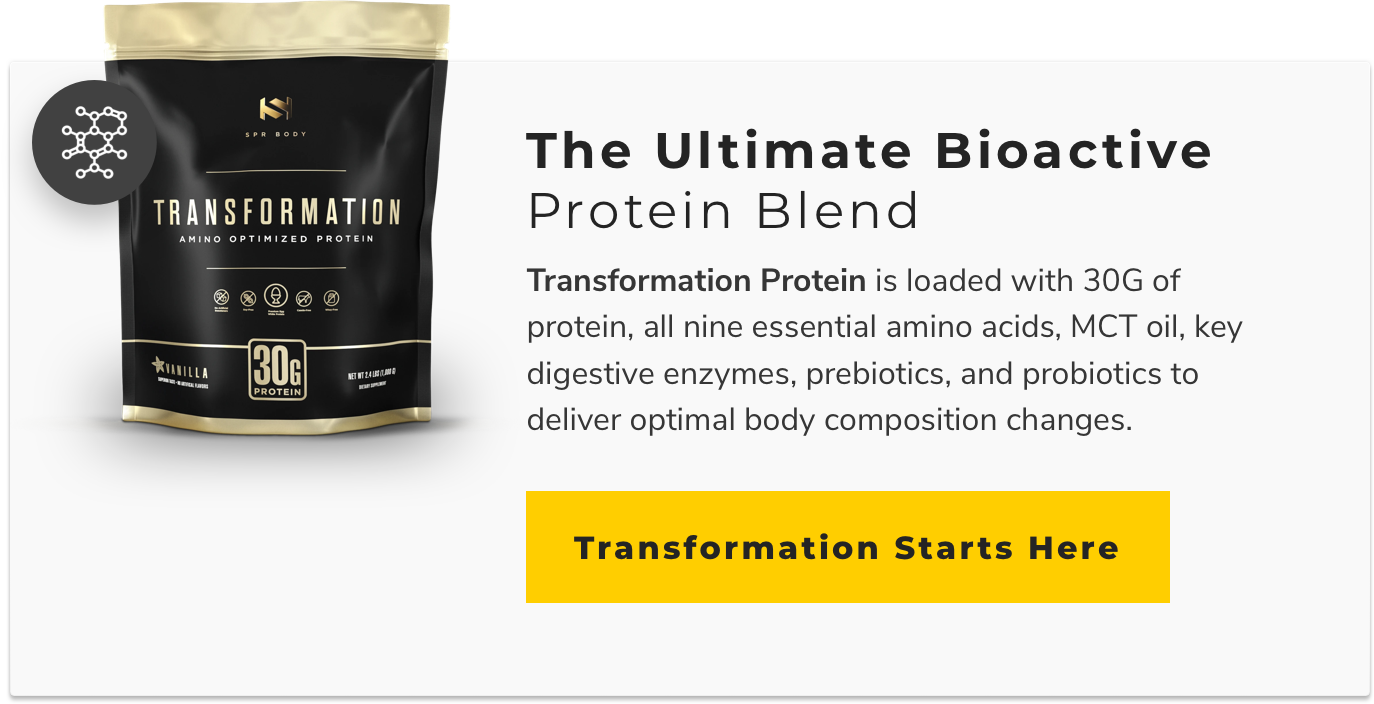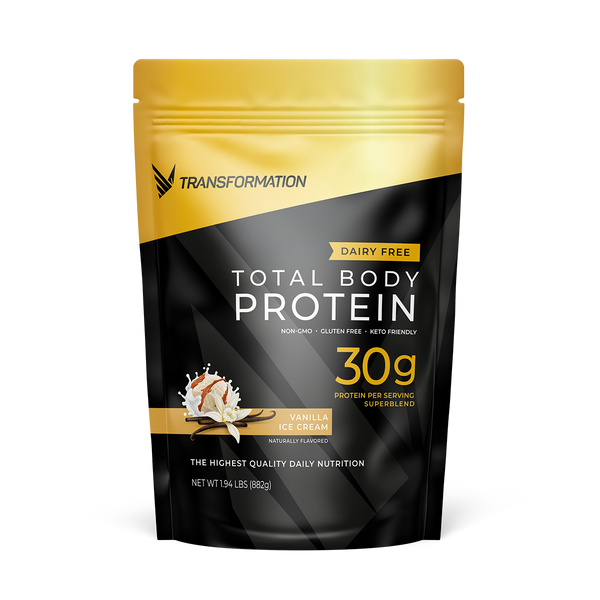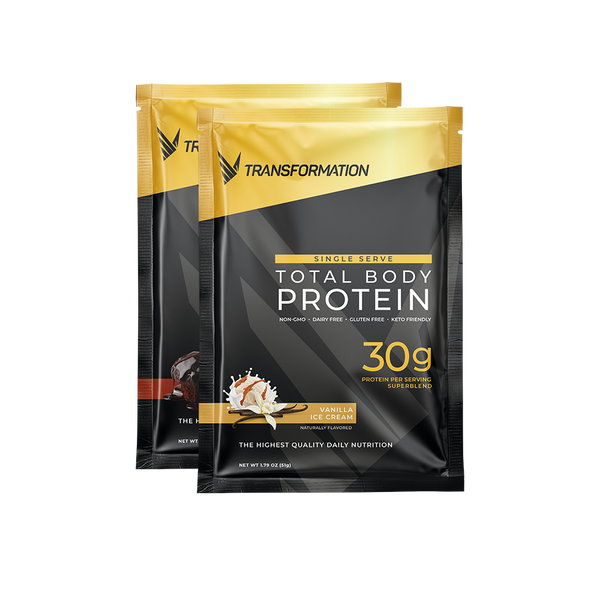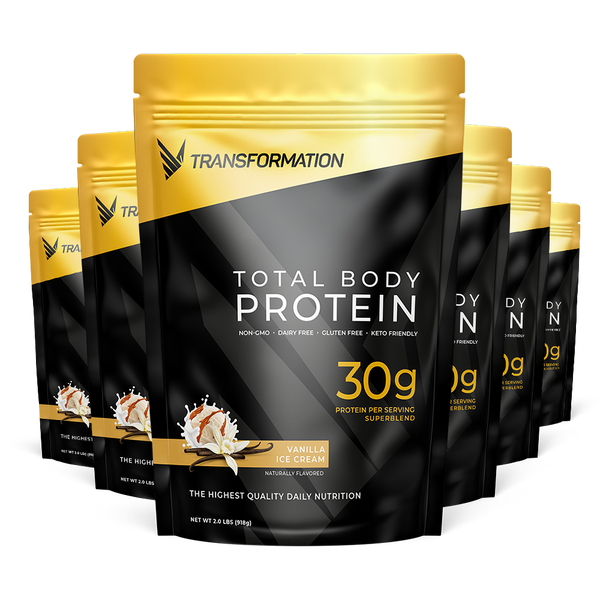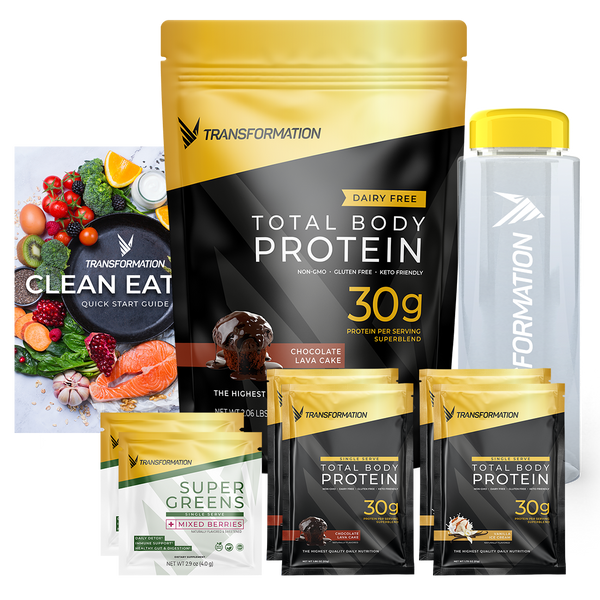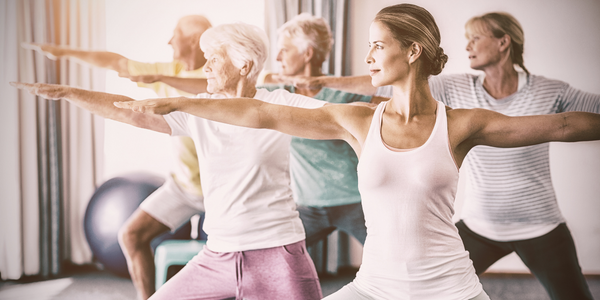
Women Over 40: Protein Guidelines for Maturing Women
Many times, protein is associated with bulking up and getting buff, but it is essential for everyone’s health -- and especially women’s as they age. It’s no secret that females’ muscle mass and bone density decreases with age right along with their metabolism. This is where protein can help.
The most common standard is the Recommended Dietary Allowance (RDA): 0.8 grams of protein per kilogram (2.2 pounds) of body weight per day. For a 150-pound woman, that translates into eating 55 grams of protein a day.
Along with aiding with weight loss, bone density, and muscle mass, protein includes key nutrients such as collagen that enhances skin health. While young skin is firm, smooth and radiant, profound changes occur as you age. Collagen density decreases with age and is associated with a reduction in thickness. But when you eat protein-rich foods, your body is able to make more collagen by combining the amino acids you get from the protein. The reason most diets for active people should be high in protein is for lean muscle development or sustaining muscle. Metabolism increases with recovered muscles, and protein has a very low conversion rate to fat making it perfect for weight loss.
SIGNS YOU MAY NOT BE GETTING ENOUGH PROTEIN
It can be hard to tell if you’re getting enough of this essential nutrient, but there are some signs you can watch for. If your hair, skin, and nails aren’t what they used to be, you may need more. As estrogen lowers, these signs are sometimes blamed on hormones, but changes in your diet may be the culprit.
For women over 50, failure to see changes in muscle even when they’re lifting weights properly might be a sign they might need more protein. Essential amino acids in this nutrient are the building blocks of muscle.
Protein makes you feel fuller longer, so if you find yourself snacking or, at least, wanting to snack between meals this can be another sign you need more protein. Another sign to look for is low energy. While this can easily be attributed to many things at midlife, boosting protein intake can lead to more energy. If you’re experiencing any of these issues, it may be time to re-examine your protein intake.
HOW TO ADJUST YOUR PROTEIN INTAKE AS YOU AGE
Staying ahead of what your body needs as it ages can help you combat much of what gives age a bad rap. As you advance from 40 then to 50, your body’s needs change.
If you want to keep your metabolism high to avoid frailty as you age, aim for the recommended 0.8 grams of protein per kilogram (2.2 pounds) of body weight per day. Spreading your protein intake throughout the day will keep you satiated and will also help prevent the loss of muscle mass.
As you age, and if you’re more sedentary, your protein need actually increases. Muscle protein synthesis declines as you age, so if you’re athletic you’re better able to use protein to your benefit than if you’re sedentary, but you’re still not doing it as well as a decade ago.
And as if we don’t have enough to worry about with metabolism, muscle and bone loss, the collagen content of our skin declines with age and is accelerated in women by the hormonal changes of the menopause. Skin contains up to 70% of collagen, which provides the tissue with tensile strength.
If you’re like most of us, your diet isn’t perfect all the time, so you may be considering a collagen supplement. In this case, be sure to research the different supplements on the market carefully using these tips.
THE BENEFITS OF PROTEIN SHAKES FOR WOMEN OVER 40
Incorporating a protein shake into your diet can help women combat many of the dreaded parts of aging.
Since protein has been linked to a slightly higher metabolism, it makes you burn more calories throughout the day, even during sleep, so it is an easy way to combat weight gain. And, remember, protein can keep cravings at bay by supporting healthy blood sugar levels and helping you feel satiated, especially if you space out your intake at meals.
Protein is also essential not just for post-workout recovery but it also helps maintain muscle mass. Women going through menopause may see a decrease in muscle mass, so protein can help avoid this. Plus, bone mass density also declines thanks to the decline of the hormone estrogen; the correct amount of protein can aid bone health.
Transformation Protein Powder can help women over 40 find the right balance of protein and other key nutrients their bodies need. Transformation Protein contains a premium blend of egg white, collagen peptide and plant proteins along with all nine essential amino acids, MCT Oil, probiotics, and digestive enzymes. Its bioactive formula creates a biological response in your entire body to optimize your workout recovery and help keep your muscles strong.
With the right nutrients and supplements, you can be living proof that age is, indeed, just a number.
